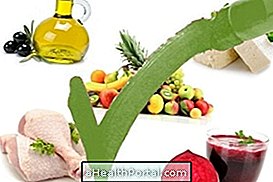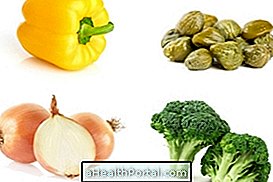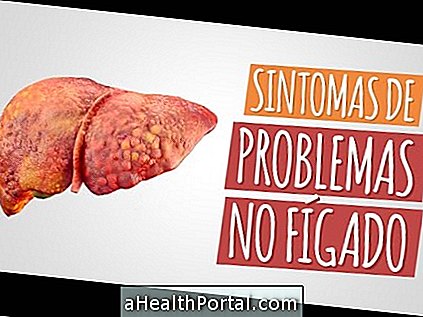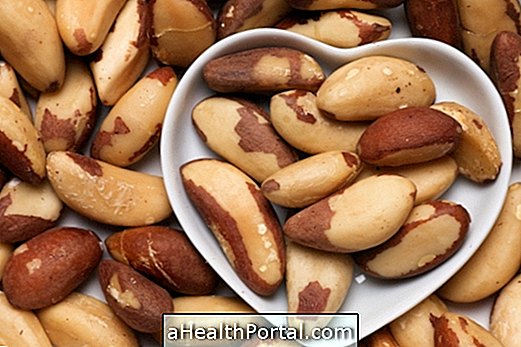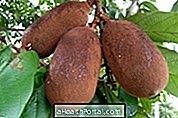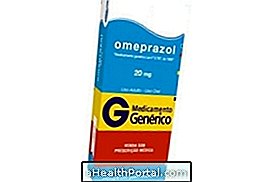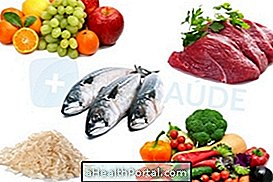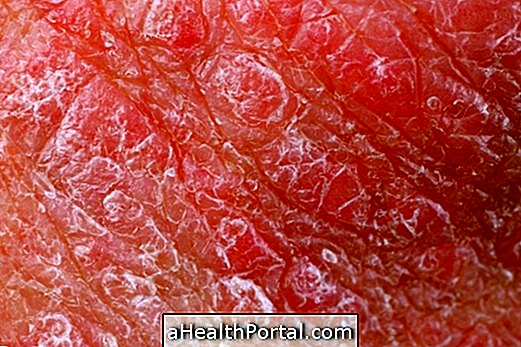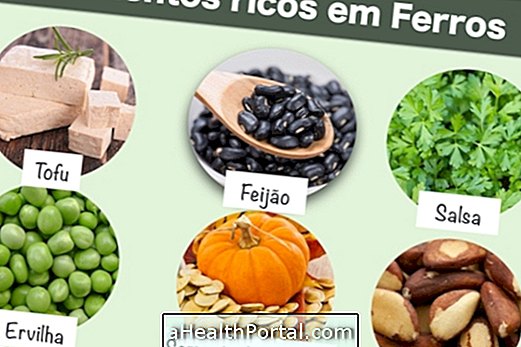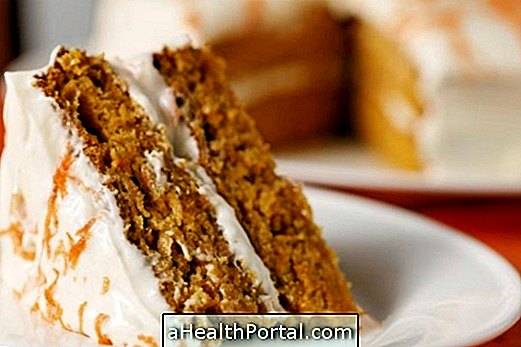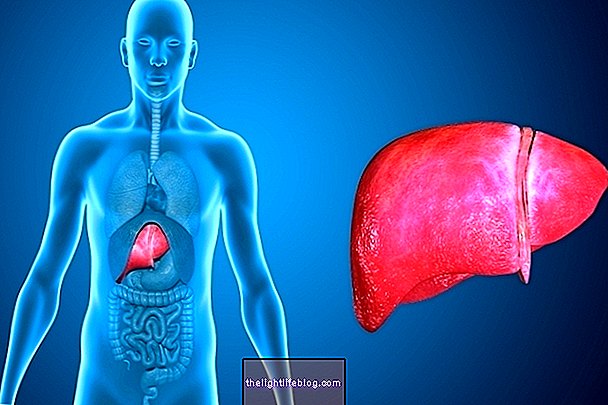Food for thalassemia helps control iron levels by decreasing anemia fatigue and relieving muscle soreness, as well as strengthening bones and teeth and osteoporosis.
The diet scheme depends on the type of thalassemia presented, because no special diet is necessary for minor forms of the disease, which are less severe and do not normally cause symptoms. Understand better what changes in each type of thalassemia here.
Intermediate thalassemia diet
In intermediate thalassemia, in which the patient presents moderate anemia and may not need to receive blood transfusion, it is necessary to increase levels of calcium, vitamin D and folic acid, to improve the quality of life.
Calcium
Calcium is important for strengthening bones, which may be further weakened in thalassemia due to increased blood production, to decrease the anemia the disease causes.
Thus, one should increase the intake of foods rich in calcium, such as milk and dairy products, green vegetables such as spinach, cabbage and broccoli, tofu, almonds and nuts. See all Foods rich in Calcium.
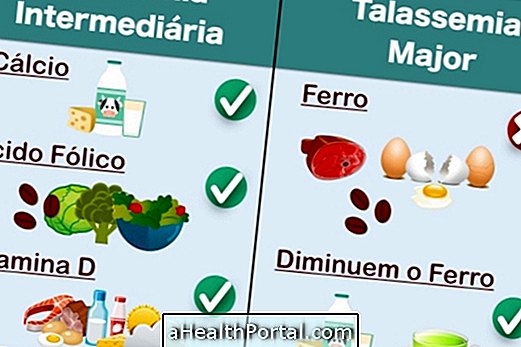
Folic acid
Folic acid is important in stimulating the body to increase blood production, helping to decrease the anemia caused by the disease.
Foods rich in folic acid are mainly lentils, beans and dark green vegetables such as kale, spinach, broccoli and parsley. See other foods here.
D vitamin
Vitamin D is important for increasing the fixation of calcium in the bones, also helping to prevent osteoporosis. It is present in foods like fish, eggs and milk and derivatives.
However, most of the vitamin D in the body is produced from exposure of the skin to the sun's rays. Thus, it is important to sunbathe at least 3 times a week for about 20 minutes. See more tips on: How to take the sun effectively to produce Vitamin D.
Diet for Thalassemia Major
Thalassemia major is the most severe form of the disease, in which the patient needs to receive frequent blood transfusions. Due to transfusions, an accumulation of iron in the body occurs that can be harmful to organs such as heart and liver.
Thus, you should avoid overeating iron-rich foods such as liver, red meats, seafood, egg yolks, and beans. See the list with other foods here.
In addition, one should also increase the intake of foods that hinder the absorption of iron in the intestine, such as milk and dairy products and black tea. During a lunch or dinner where the main course is with red meat, for example, the dessert may be a yogurt, which is rich in calcium and helps to disrupt the absorption of the iron present in the meat.
See how treatment with medicines and blood transfusions is done for each type of thalassemia.
